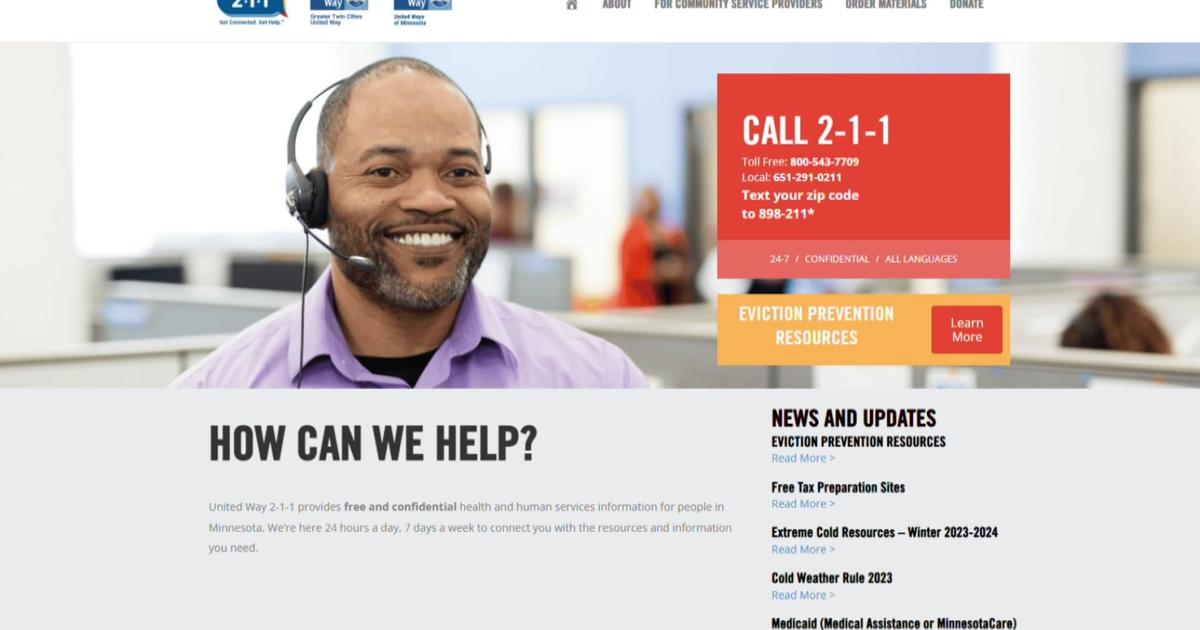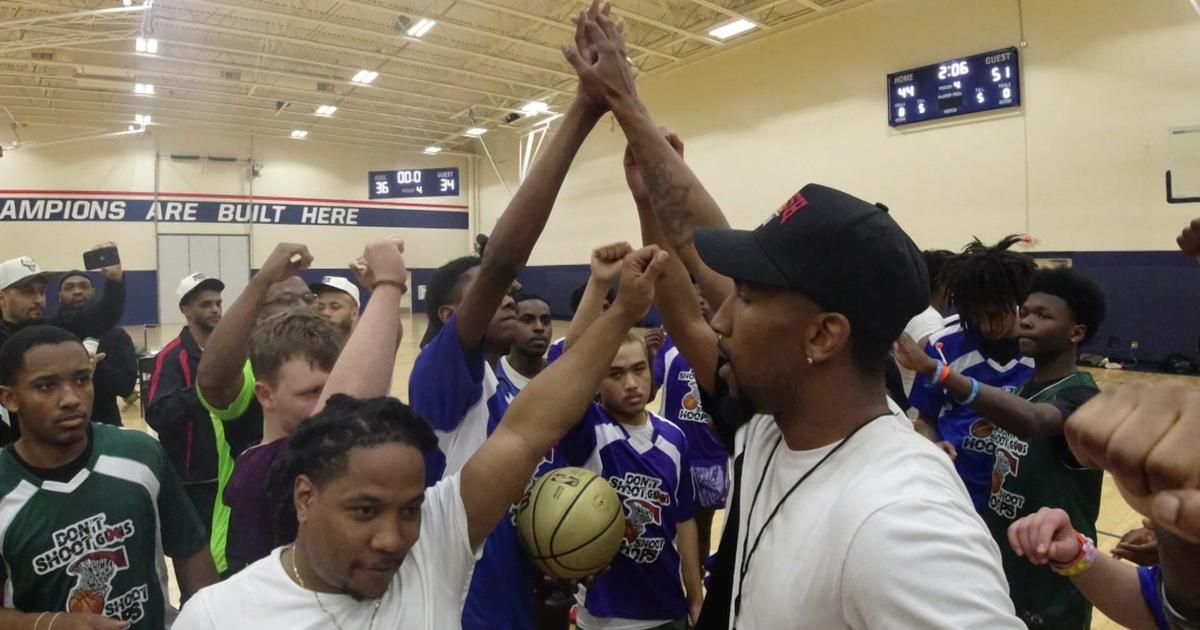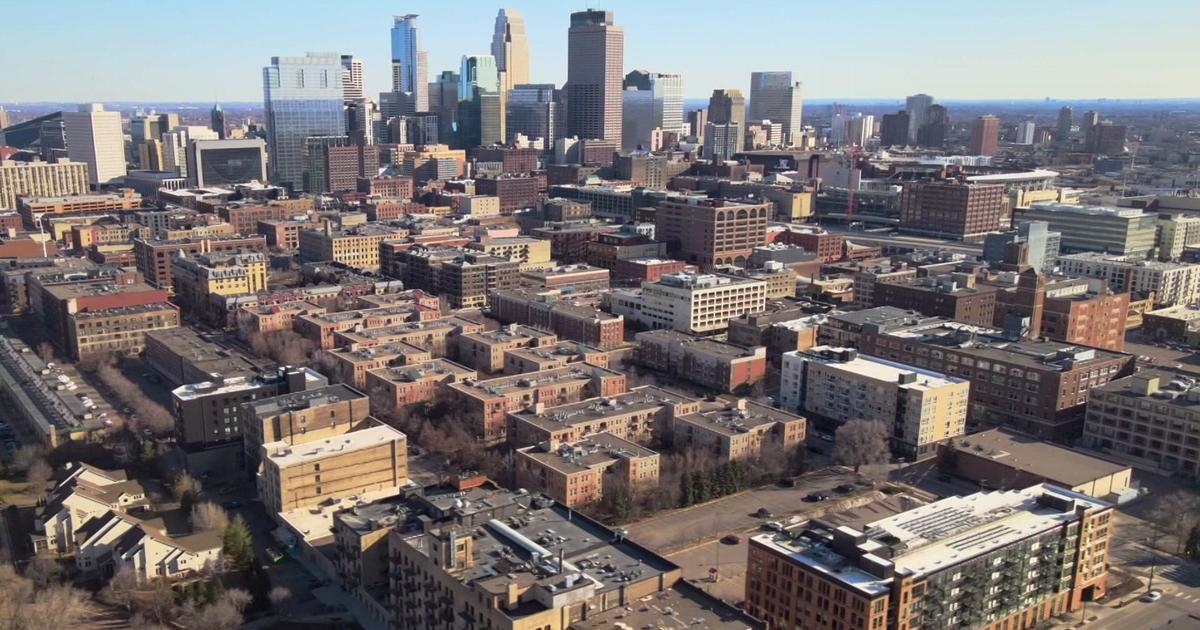Beyond The Bucket: What The Ice Bucket Challenge Did To Help ALS
MINNEAPOLIS (WCCO) – The videos went viral.
Hollywood actors, singers and TV anchors took part in the Ice Bucket Challenge to raise money for ALS research.
The Ice Bucket Challenge reached its peak last year between mid-August and September.
Every day an average of 15 people are newly diagnosed with ALS.
It's a disease that affects nerve cells in the brain and spinal cord and eventually leads to death.
There is no cure, which is why money is needed for research.
The Ice Bucket Challenge did just that.
Millions answered the call to help.
"The Ice Bucket Challenge was just like fire," Cheryl Meyers of The ALS Association, MN/ND/SD Chapter, said. "It just spread so quickly."
It challenged people to learn about ALS, also known as "Lou Gehrig's Disease."
Meyers has been working for the association for six years helping patients.
She said everyone is different, but everyone is special.
"Every person I meet who has ALS, I'm learning from them how do you live, how do you appreciate your life. And then also, how do you die gracefully. It's pretty amazing," she said.
Clay Ahrens is one of those people.
He was diagnosed with ALS a little over a year ago. The disease has altered his speech and means of getting around. He uses a walker inside of his home and a power scooter when he goes out. He received it after people around the world and here at home, who he'll probably never meet, took the challenge. "I just think the response has been overwhelming and really inspirational," Ahrens said.
Every bucket of ice-cold water that tipped over raised more than $115 million nationwide.
The local ALS chapter was able to buy more than $100,000 in equipment. Thanks to the challenge, communication devices, respiratory machine and power chairs were given to patients, like Ahrens, for free.
"Now, I'll be able to go and meet friends for coffee and also just explore," Ahrens said.
If not for the challenge, Ahrens and so many others would have stayed on a waiting list.
"I think anything that will help maintain a quality of life for me and my family is tremendously important," Ahrens said.
The list is now non-existent. Meyers said those were the best phone calls she ever made.
"I could call and say, guess what, we have money," Meyers said.
The local ALS Chapter also donated $300,000 for research; three times the amount they've contributed in the past.



